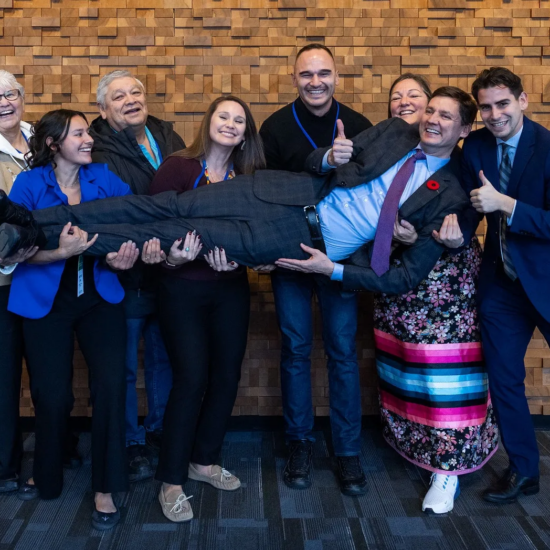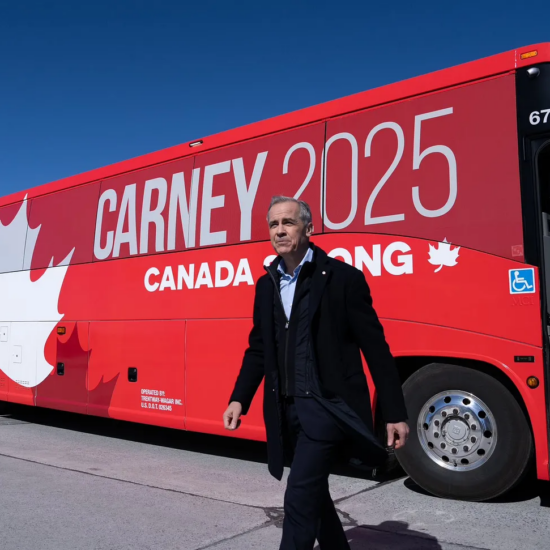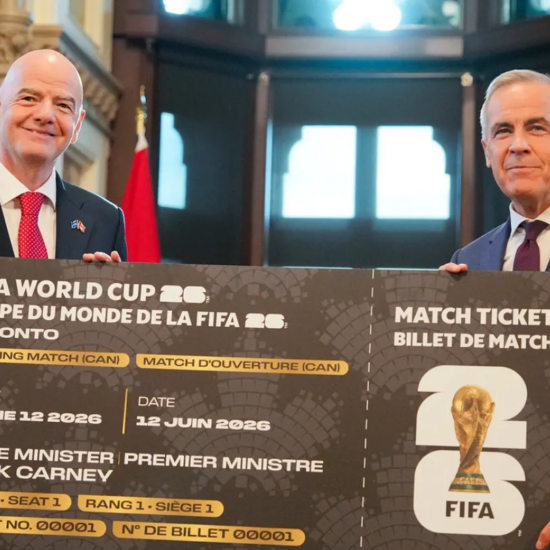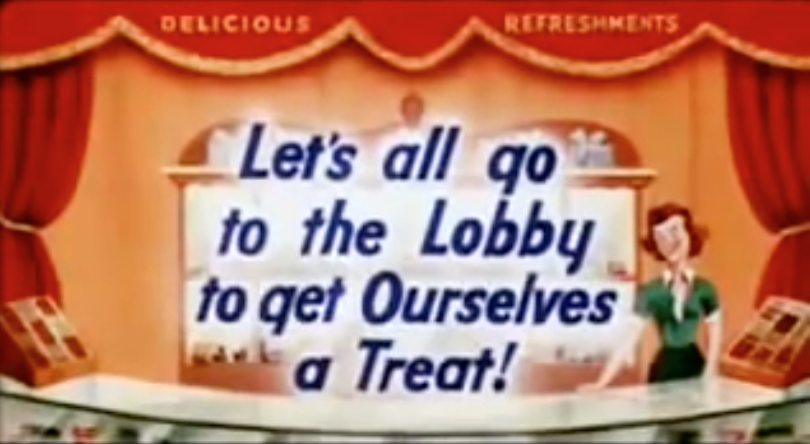
Bob Mackin
Four days after he became the ex-minister of energy and mines, BC Liberal Bill Bennett was suddenly a director of Eagle Plains Resources, a junior mining explorer.
Terry Lake, the veterinarian who was health minister under Christy Clark, was gone from office for 80 days before he was announced as the vice-president of “social responsibility” for Hydropothecary Corp., a Quebec medical marijuana concern.
Should there be a cooling-off period for cabinet ministers before they go to work in industries that they once regulated or sought to regulate?
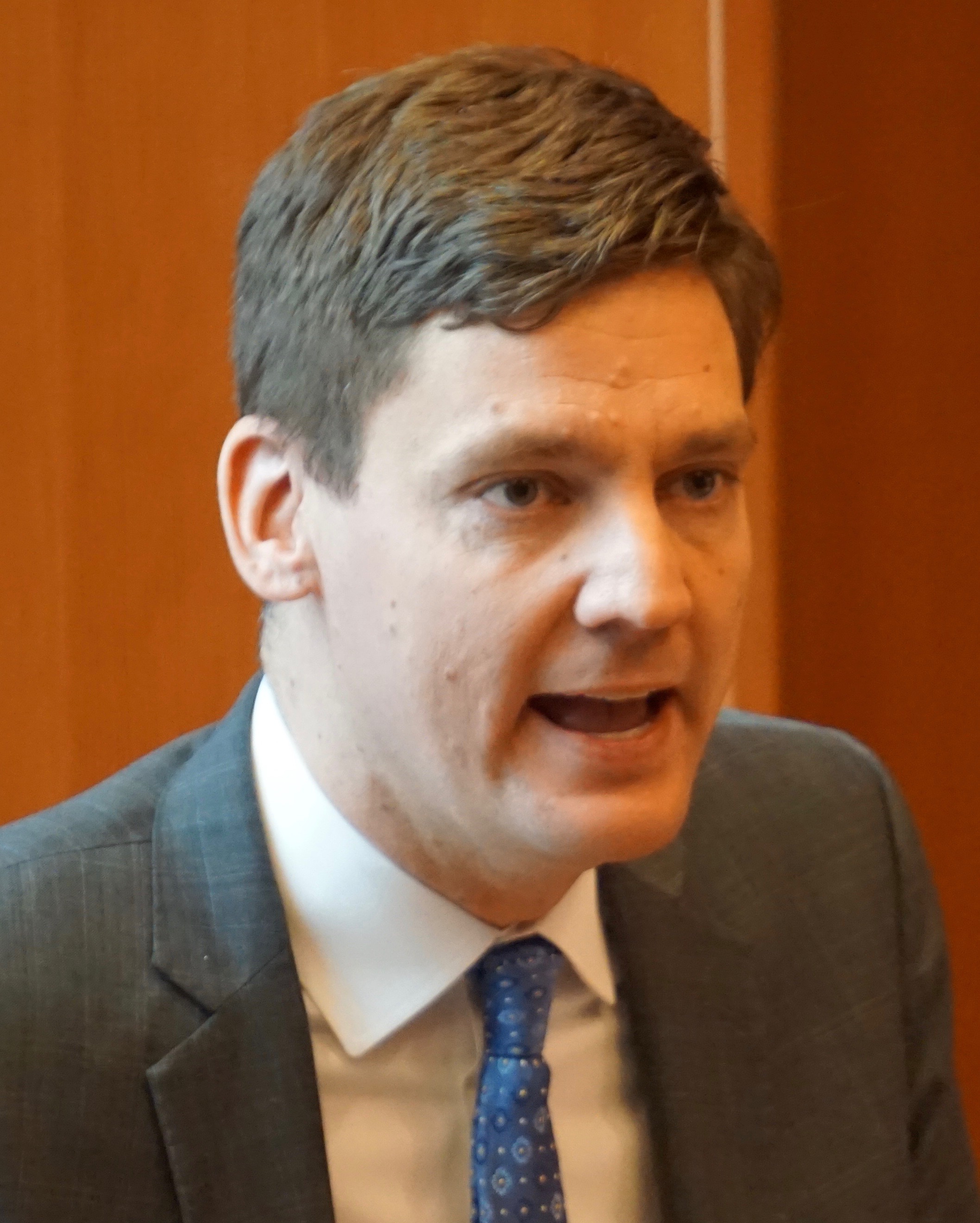
Attorney General Eby (Mackin)
There will be, if they want to communicate to influence their successors in cabinet or the bureaucrats they once managed.
Attorney General David Eby’s mandate letter from Premier John Horgan says he is expected to “make substantive process” on introducing legislation to reform lobbying in British Columbia.
Eby told theBreaker that the NDP government will do more than that, after the Legislature resumes on Sept. 8.
“We’ll be introducing a bill that expands the scope of the existing lobbyist regulations in British Columbia, to expand the categories of people with inside knowledge through their work and using that knowledge to profit from their public job to profit from it privately,” Eby said. “The amendments are broadly similar to the federal amendments, to their lobbyist regulations.”
In the pre-election sitting of the Legislature, the NDP introduced a bill to restrict publicly funded organizations from lobbying, legislate a two-year cooling-off period for public office holders, staff and advisors, and to review the law every five years.
The majority Liberals quashed the bill. Then-Attorney General Suzanne Anton boasted in Question Period on March 9 that her party established the lobbyist registry in 2002 and updated it in 2009 to give the registrar power to conduct investigations. Yet, when she was registrar, Elizabeth Denham complained she did not have enough power and the law was riddled with loopholes. For instance, lobbyists must only report which department or cabinet minister they want to target. Unlike the federal law, they are not required to report whenever they met or communicated with politicians or officials.
In the June 22 throne speech, ridiculed as the “clone speech,” the Liberals pledged finally to “work with other parties to strengthen lobbyist legislation and regulations.” But that did not last — they were defeated June 29 by the NDP and Greens on a no-confidence vote.
Eby said “we’re not passing laws for the sake of passing laws.
“We want this bill to be able to achieve what the public wants and what we think the majority of the legislature wants, which is restrictions around peiople using inside knowledge gained from their public employment to profit from it privately.”
Bennett and Lake have not registered as lobbyists yet and they may never have to if the B.C. laws mimic federal laws.
Stephen Harper’s federal Conservative administration enacted restrictions, but that gave birth to a new cottage industry for former Prime Ministers and cabinet ministers to be hired by law firms as “strategic advisors.” Since losing the 2015 federal election, Harper became one with the Calgary office of Dentons. The firm’s website says he provides “advice to clients on market access, managing global geopolitical and economic risk, and how to maximize value in global markets.”
Numerous BC Liberals and senior staff exploited the weak B.C. laws for their own interests.
Dimitri Pantazopoulos was recruited from Ontario to work as Clark’s principal secretary in 2012 and acted as the BC Liberals pollster in the 2013 election.
After the surprise Liberal win, Pantazopoulos quit to open a B.C. lobbying office for Maple Leaf Strategies in the same Canada Place building where Clark’s Vancouver office was. Pantazopoulos escaped the one-year cooling off period that exists only for senior bureaucrats, but not their political masters, because he did not intend to lobby the Intergovernmental Relations division of Clark’s office where he officially worked. Pantazopoulos eventually registered for 13 clients, including a consortium of B.C. daily and weekly newspapers, Adobe Systems, Johnson and Johnson, Uber and Liquor Stores N.A.
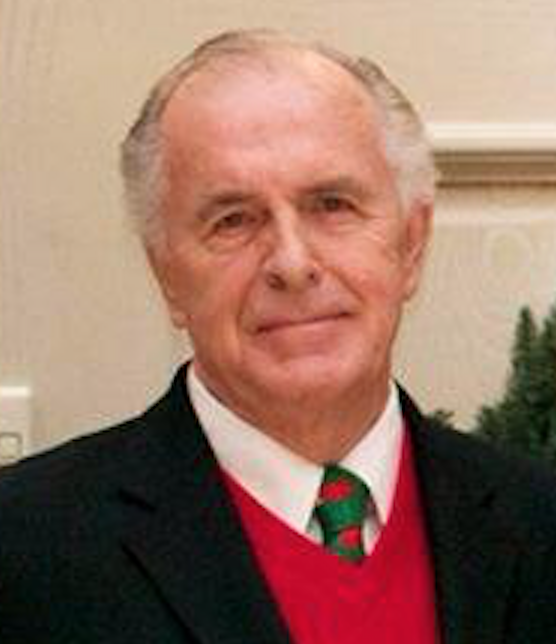
Patrick Kinsella (Conor Kinsella/Facebook)
Gabe Garfinkel left his job in Clark’s office in October 2013 to join FleishmanHillard. Within weeks, he registered for EDF EN Canada to lobby energy minister Bill Bennett.
Press secretary Samuel Oliphant quit Clark’s office in February 2016. Before the end of March 2016, he had registered for Toronto’s Think Research to help get a proposed app in front of Health Minister Terry Lake.
Less than a year after Doug Horne quit as a BC Liberal MLA and lost a bid for a seat in Parliament as a Conservative in 2015, he registered for Hollywood film studio Skydance Media.
PartnershipsBC chair Dana Hayden registered in early 2016 for Westbank Projects to lobby her former employer, B.C. Pavilion Corporation, to put land for sale next to B.C. Place Stadium’s east end. In mid-2016, Hayden was fined $800 by the Office of the Registrar of Lobbyists for not properly disclosing that she had been a deputy minister in the B.C. government.
The king of all lobbyists in B.C. is Patrick Kinsella, himself an import from Ontario who worked as Premier Bill Bennett’s right-hand man. Kinsella, 76, had a hand in the ascent to power of both Gordon Campbell and Christy Clark, and sold his many clients access to them both.
On March 10, Elections B.C. referred its investigation into lobbyists making indirect and illegal donations to political parties (primarily the BC Liberals) to the RCMP. David Butcher was appointed special prosecutor. The investigation is ongoing.
- In part two, tomorrow, theBreaker looks at the NDP insiders who are remaking the lobbying landscape in B.C.






